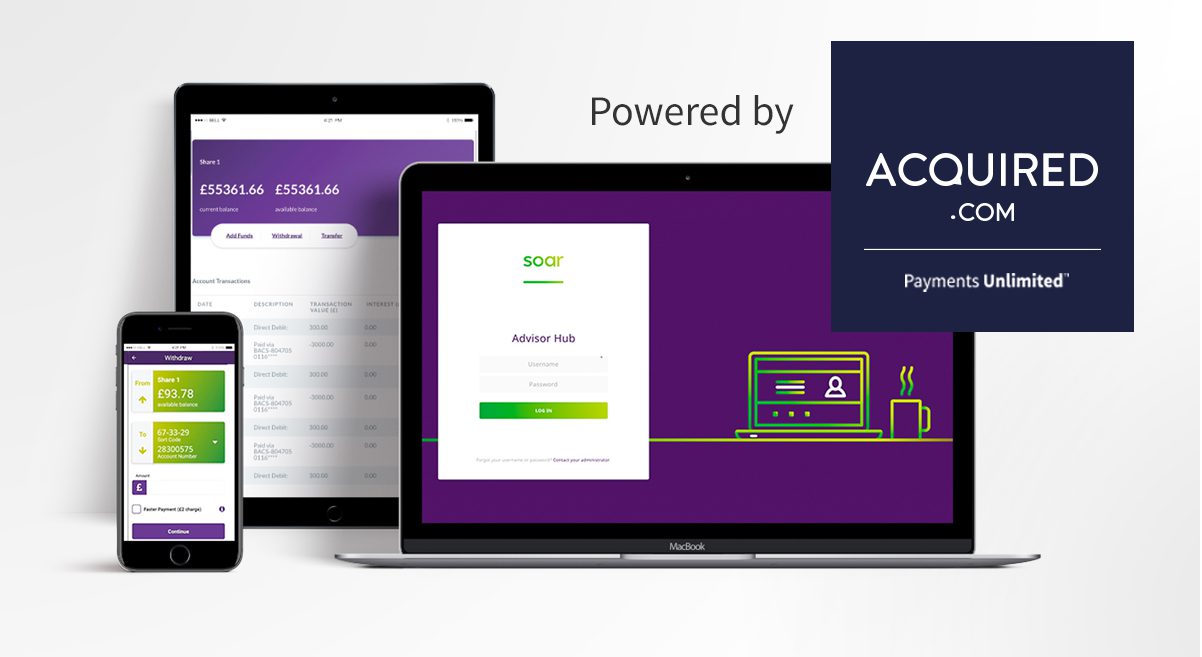More than 600,000 British businesses now use open banking (OBIE) in either a data or payments capacity. From streamlined collections in sectors such as lending and retail to increased financial control and tailored repayment options for customers, including open banking payments as part of a customer-centric strategy is paving the way for a more inclusive and secure payments ecosystem. In addition to benefiting the consumer by offering them a streamlined payment experience, open banking payments tend to have higher success rates compared to card payments.
We have explored the difference in payment authorisation rates (the percentage of a business’s transactions that successfully pass through the authorisation process with an approval) when comparing transactions through our proprietary open banking solution, Pay by Bank, to other payment methods, and what the reasons for this difference might be.
With an average 97% authorisation success rate, Pay by Bank (Open Banking) transactions demonstrate a remarkable level of reliability and efficiency. This high success rate can be attributed to the direct account-to-account nature of open banking payments, which ensures accurate and up-to-date payment information, reducing the risk of manual errors or payment failures.
In comparison, digital wallets like Apple Pay have a strong but slightly lower authorisation success rate of 94%. While digital wallets offer convenience and security, they may still encounter occasional authorisation challenges, possibly due to factors such as connectivity issues or compatibility limitations with certain payment systems.
One-click checkout, a feature that enables faster payments by storing customer payment information, shows an authorisation success rate of 85%. While this method offers convenience, there may be some instances where the stored information becomes outdated or requires re-verification, leading to a slightly lower success rate.
Standard authorisations or traditional card payments, exhibit a 70% success rate. This slightly lower rate can be attributed to various factors, including potential input errors, expired card details, insufficient funds, or declined transactions due to fraud prevention measures. It is worth noting that solutions such as Account Updater or Scheme Tokenisation can be used in parallel with card payment methods to reduce the impact of declines due to outdated customer payment information.
This data, taken from the Acquired.com Hub, suggests that overall when it comes to authorisation rates, open banking payments tend to have higher success rates compared to card payments.
There are a few reasons for this:
Accurate Account Information
With open banking customers authorise the payment directly from their bank account using secure APIs. This eliminates the possibility of errors in inputting card details or using out of date payment information, which can lead to payment failures.
Real-time Funds Verification
Open banking allows for real-time verification of funds availability in the customer’s account. This reduces the likelihood of declined payments due to insufficient funds, as the account balance is checked at the time of authorisation.
Account Information Service Providers (AISP)
Some businesses make use of Account Initiation Service Providers (AISP) who are authorised to view bank account information – but cannot initiate payments or transfers. The AISP can check funds are available prior to payment to maximise success rates further. This tactic is most common in sectors such as credit where data-driven lenders could use AISPs to check a customer’s credit history and creditworthiness.
Strong Customer Authentication (SCA)
Open banking payments adhere to strong customer authentication requirements, which improve security and help prevent fraudulent transactions. By incorporating multi-factor authentication methods, open banking can provide an additional layer of protection, reducing the risk of unauthorised payments and increasing authorisation success rates.
Bank-to-Bank Transfer
Open banking payments involve the direct transfer of funds between two bank accounts, bypassing intermediaries such as card networks and processors. This streamlined process eliminates potential points of failure and reduces the chances of authorisation errors or system downtime.
In the context of consumer duty, the combination of lower failure rates and instant settlement offered by open banking payments ensures that customers in sectors such as lending and debt collection are better able to make affordable and reliable payments, reducing the risk of missed or late payments that may negatively impact their financial wellbeing. The efficiency and speed of open banking payments contributes to a smoother and more seamless payments experience for businesses and consumers alike.
Find out more about how Acquired.com support your business with our Pay by Bank solution – get in touch.







